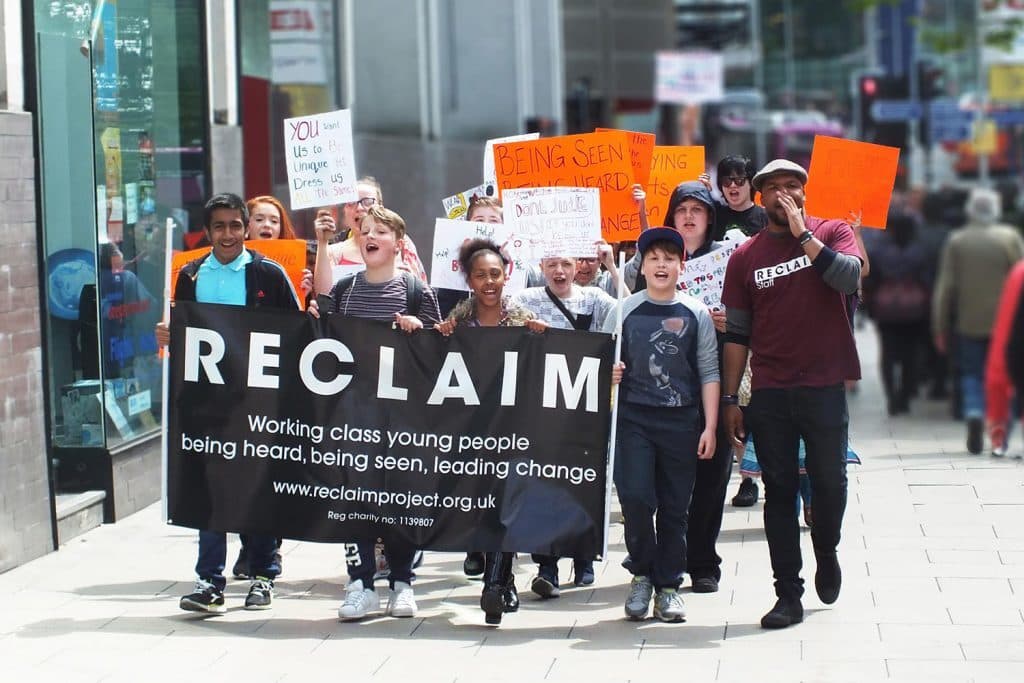
Together we spark lasting change
We are unashamedly hopeful for a future in which all young people are set up to thrive in life.
We are unashamedly hopeful for a future in which all young people are set up to thrive in life.

What we do
We find, support, and connect an intergenerational community of changemakers rethinking and reshaping the systems around young people. We nurture them as people, and as a collective, showing a new way is possible. Together we spark lasting change.
We nurture a diverse, purpose-driven community.
Meet the Changemakersof funding directed to projects, which has led to over £60m in follow-on funding. In other words, for every £1 we give, a further £12 has been unlocked.


Frontline
What I really value about Big Change is the way we fully embrace the things that are often overlooked and underfunded. The 'difficult to define' bits. We think about the nuanced conditions needed to help young people thrive.
Hannah Pater, Director of Strategic Development
In follow-on funding raised by our changemakers for their early stage projects - 12 times our initial £5m investment.


Voice 21
You will never work with a more dedicated and passionate team. Big Change really does embody its values from the inside out.
Gavin Ramsey, Operations Executive
Countries have held Big Education Conversations to unite generations in discussing the purpose of education.
The Story of Big Change

Why we do it
The old ways are not working. Young people are unprepared for their futures, too often lack purpose and direction, and they feel disconnected and powerless. The issues they face in society are deep-rooted and interconnected. Yet most funding and energy goes into treating the symptoms of systemic failures rather than reimagining the possibilities for a better future. People and organisations are drawn to closing gaps or making incremental improvements to existing models. To ensure every young person is set up to thrive, the systems around them need to change.












